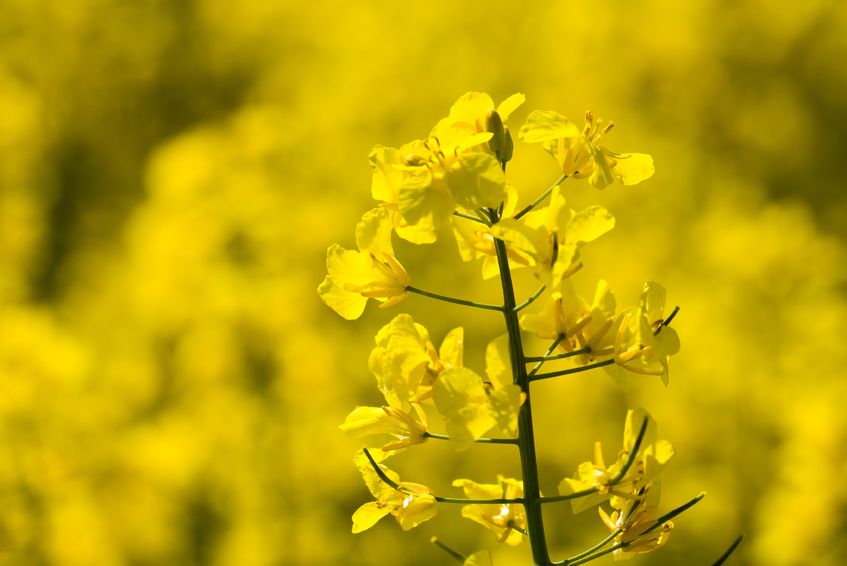
According to new research led by the University of Dundee, at least one neonicotinoid may be unfairly named among the offenders when it comes to risks to bumblebees.
The new study found that one of the neonicotinoid insecticides – clothianidin – did not show the same detrimental effects on bee colonies as its close chemical relatives imidacloprid and thiamethoxam.
All three neonicotinoids are subject to the EU-wide moratorium.
Dr Chris Connolly, a research associate at the Centre for Environmental change and Human Resilience (CECHR) and Reader in the Division of Neuroscience at Dundee’s School of Medicine, is one of the leading authorities on the effects of neonicotinoids on bees and led the study.
His research shows that each of the different neonicotinoids leads to differential risks for bumblebees.
'Imidacloprid and thiamethoxam exhibit toxicity, but not clothianidin'
"There has been growing concern over the risk to bee populations from neonicotinoid insecticides and their long-term consequences to essential ecosystem services and food security," said Dr Connolly.
"Our knowledge of the risk of neonicotinoids to bees is based on studies of imidacloprid and thiamethoxam and these findings have generally been extrapolated to clothianidin.
"However, in this study we have looked at the three neonicotinoids in parallel.
"What we have found is that imidacloprid and thiamethoxam, but not clothiandin, exhibit toxicity to bumblebee colonies when exposed at field-relevant levels.
"There was also further variation in the effects on bees between the three insecticides.
"So we can clearly see that the banned neonicotinoids are not the same, so they should be considered independently when considering risk and legislation.
"From our findings, we consider that it is premature to place a permanent ban on the use of clothianidin.
"That said, a moratorium on its use should continue until the knowledge gaps are filled on its wider impact on other species."
The researchers tested 75 bee colonies at five separate locations in Scotland.
The results of the study are published in the journal Scientific Reports.
